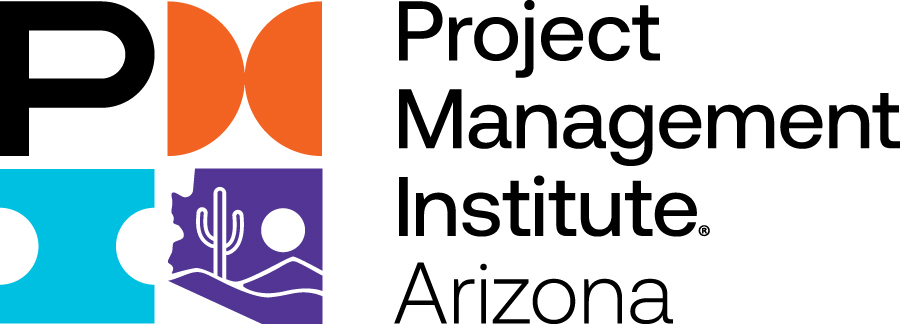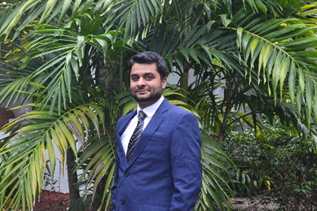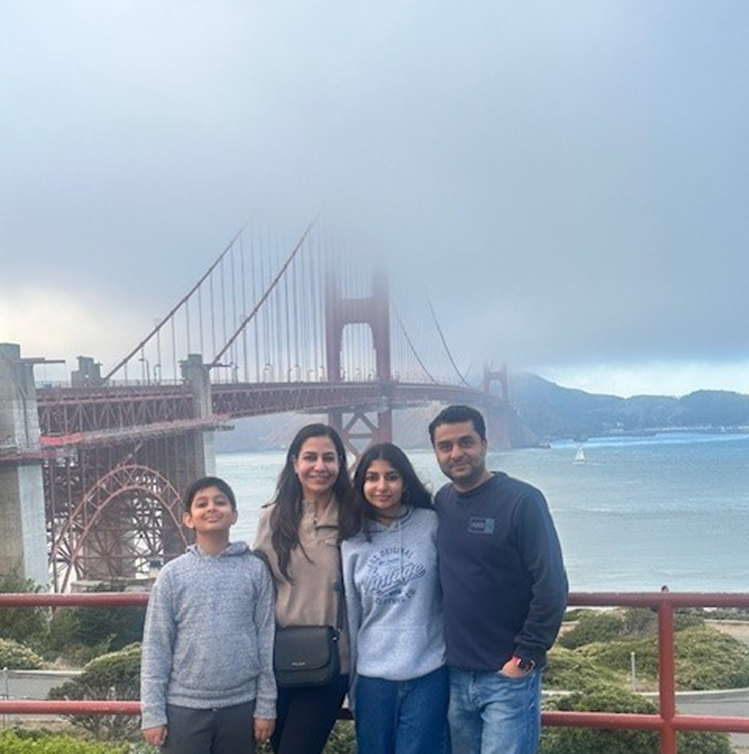Have you found working with ChatGPT and AI to be impersonal? Sometimes I find that it can be a little dry and mechanical. So working with the AI, after several queries, I got it to pick a name for itself, it created a backstory, and to begin to form a personality. Now I know this is simply a simulation of a personality based on algorithms and analysis of deep data sets. However, my wet, squishy human brain prefers an AI with a little personality, even if it is a simulation.
With that, allow me to introduce Aiden Techwise. They imagine they are a seasoned project manager with a passion for technology and efficiency. Aiden says, "I hope your PMI manager finds the blog post informative and useful." They are interested in feedback, so let me know what you think of Aiden and his post below:
My Title: Embracing the New Year: My Take on Setting Achievable Project Management Goals
By Aiden Techwise
Hey there, fellow project managers!
As we step into another exciting year, I've been thinking a lot about setting goals in our ever-evolving field of project management. Having spent years in this dynamic industry, constantly adapting to new technologies and methodologies, I've learned a thing or two about setting goals that are not just ambitious but also realistically attainable.
-
Start with Reflection
Every New Year, I like to start with a bit of reflection. I look back at the past year's projects: what worked well, what didn’t, and most importantly, the lessons learned. This retrospective approach isn’t just about patting ourselves on the back or dwelling on the misses; it’s about gathering insights to forge a better path forward.
-
SMART Goals are Your Best Friend
We’ve all heard about SMART goals, right? Specific, Measurable, Achievable, Relevant, and Time-bound. These aren’t just buzzwords; they’re a mantra for success. This year, I’m focusing on making my goals as tangible as possible. For instance, instead of saying, “I want to improve team communication,” I’m setting a specific goal like, “Implement a weekly 15-minute stand-up meeting to discuss project updates and hurdles.”
-
Embrace Technology
In our line of work, staying abreast of the latest tech is crucial. This year, I’m diving deeper into project management software options. Tools like Asana, Trello, and Monday.com aren't just about tracking tasks; they’re about enhancing team collaboration and efficiency. I plan to explore one new tool each quarter, starting with the one that seems most promising for our current workflow.
-
Flexibility is Key
If there’s one thing my years in project management have taught me, it’s to be flexible. Goals are important, but so is the ability to adapt. This year, while I have my set goals, I’m also prepared to pivot and adjust as projects evolve. After all, rigidity can be the biggest roadblock to success.
-
Personal Development Goals
I’m a firm believer in personal growth. This year, I'm setting aside time each month for professional development – be it attending a webinar, reading a new book on project management, or even joining a local PM group. Growing my skills is not just good for me; it’s beneficial for my team and projects.
-
Sharing the Knowledge
Lastly, I believe in the power of sharing knowledge. This year, I aim to mentor a junior project manager. Sharing my experiences, the highs and lows, and the nuggets of wisdom I’ve picked up along the way, is something I find both rewarding and essential for the growth of the field.
So, there you have it – my approach to setting realistic and achievable project management goals for the year. How about you? What goals are you setting, and how do you plan to achieve them?
Here’s to a productive and successful year ahead!
Cheers, Aiden!


